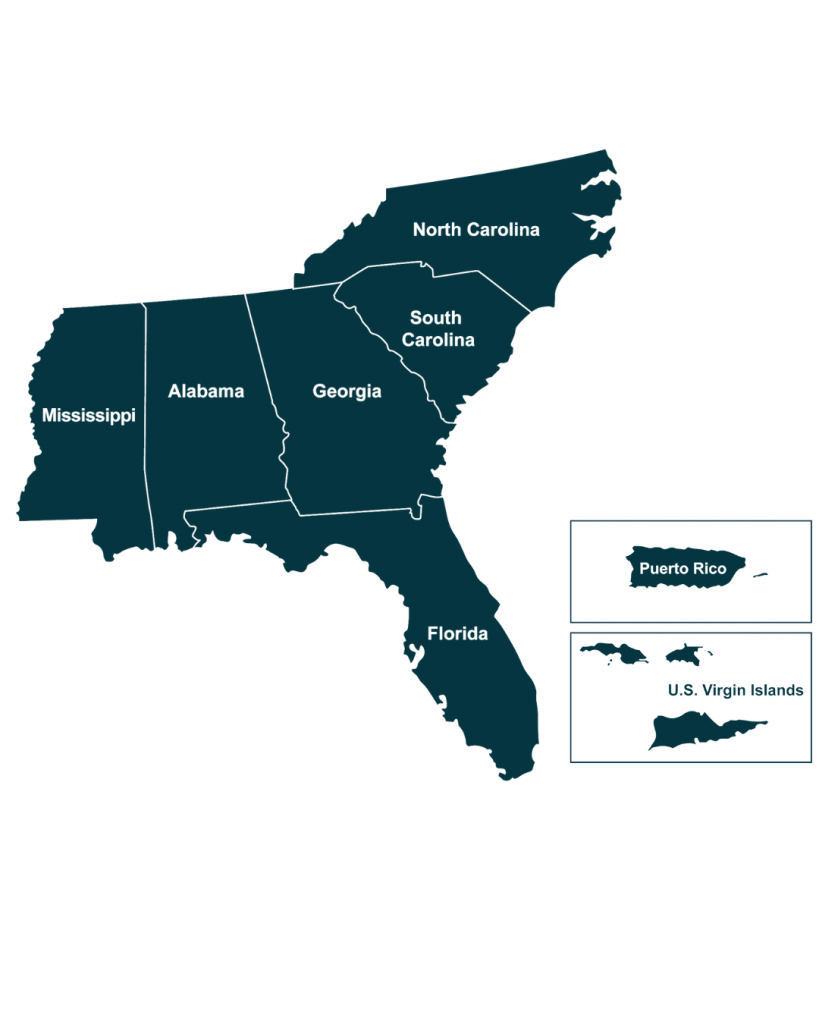Project Summary
Farmworkers face a variety of economic, structural, and cultural barriers to adopting safety practices in the field especially with the prevention of heat-related illness (HRI) and associated injuries. Farmworkers are at increased risk for HRI and even death because they are exposed to extreme heat while engaged in strenuous physical activity such as harvesting crops. Piece-rate models of payment encourage rapid work and serve as an economic disincentive to paying attention to safety messages. Some food crops may have specific field sanitation regulations that discourage the use of personal water bottles. Cultural barriers, such as language and the limits of traditional employer- education on heat risks may result in workers that are unaware of the symptoms of HRI, their risk factors, or what it means to be sufficiently hydrated at the start of the day. All of these features of the socio-ecologic setting of farm work create gaps in training, knowledge transfer, and the adoption of recommended behaviors.
Agricultural crew leaders occupy an important role for workers regarding HRI safety practices and compliance with regulations. This project utilizes the crew leader’s position to help them model and encourage good safety behaviors among their workers. Training to reduce heat stress has been designed for this specific audience and is currently implemented through a Cooperative Extension Farm Labor Supervisor training program. There are limitations, however, in knowledge transfer and it alone cannot bridge the gaps to behavior change that exist in the fields. If adopting HRI safety behavior and improving personal hydration can be linked to better worker productivity, companies and supervisors have an incentive to change programming. This project will use a social marketing approach to behavior change to help farm labor supervisors be more effective change agents with their workers. A quasi-experimental design will measure their traditional training with a culturally appropriate communications campaign to enhance their HRI safety communications.




